
High Level Corporate Dialogue
DSDS 2014 – Curtain Raiser
5th February, 2014 | Taj Palace Hotel, New Delhi
How will Businesses Lead India's Energy, Water and Food Security?
"The energy-water-food nexus, underscores the global challenges that we face as a society. The increasing global population, industrialization and urbanization pose stress to our energy, water and food supplies. Unsustainable development, extreme weather conditions and impacts of climate change only intensify these pressures. According to UN estimates, for a population that could top 10 billion by 2050, in the next 15 to 20 years alone we will need 30 percent more water, 45 percent more energy and 50 percent more food. Shortages of resources could cause social and political instability, geopolitical conflict and irreparable environmental damage. Any strategy that focuses on one part of the water-food-energy nexus without considering its interconnections risks serious unintended consequences." — World Economic Forum, 2011 |
Speakers of 2014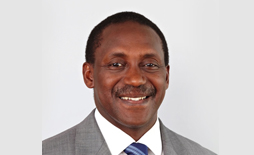 Dr Kandeh K Yumkella, Special Representative of the UN Secretary-General for Sustainable Energy 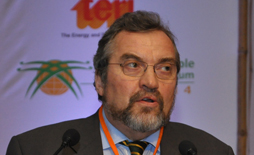 Mr Erik Eid Hohle, Managing Director, The Energy Farm, Norway 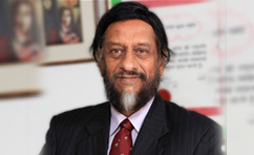 Dr R K Pachauri, Director General, The Energy and Resources Institute (TERI)  Ms Amina J Mohammed, Special Advisor of the United Nations Secretary-General on Post-2015 Development Planning  Dr Annapurna Vancheswaran, Director, Sustainable Development Outreach Division, The Energy and Resources Institute (TERI)  Mr Arun Maira, Member, Planning Commission, Government of India  Mr Assaad Razzouk, Group Chief Executive Officer, Sindicatum Sustainable Resources 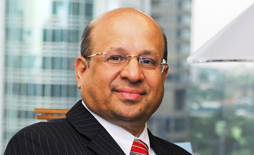 Dr Bindu N Lohani, Vice President, Knowledge Management and Sustainable 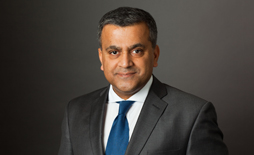 Mr Dev Sanyal, Executive Vice President and Group Chief of Staff, BP p.l.c., UK 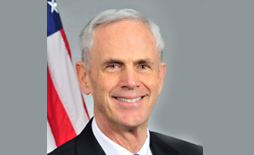 Mr John Bryson, Head, Bryson Climate Initiative, Woodrow Wilson International Center for Scholars & Former Secretary of Commerce, USA 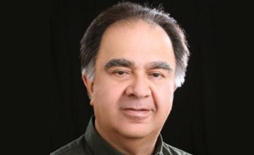 Mr Krishan Dhawan, CEO, Shakti Sustainable Energy Foundation  Mr Martin Wright, Founding Editor, Green Futures & Director - India, Forum for the Future  Mr Masamitsu Sakurai, Executive Advisor, Ricoh Company Ltd. 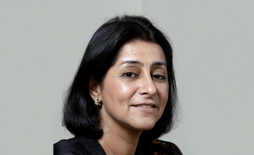 Ms Naina Lal Kidwai, Country Head, HSBC India & Director, HSBC Asia Pacific  Mr Philippe Joubert, Managing Director, Energy and Climate, World Business Council for Sustainable Development & Executive Chair, Global Electricity Initiative  Mr Ravi Pandit, Chairman and Group CEO, KPIT Technologies Ltd  Mr Stephen Rumsey, Chairman, Permian Global  Mr Tadashi Maekawa, President, Mayekawa Mfg. Co. Ltd., Japan  Mr Tulsi Tanti, Chairman, Suzlon Group  Dr Shashi Tharoor, Hon'ble Minister of State for Human Resource Development, India  Mr Vivek Rae, Secretary, Ministry of Petroleum and Natural Gas, India 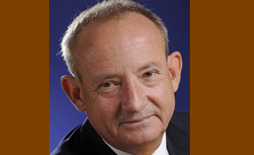 Chair: Mr Yvo de Boer, Global Chairman, Climate Change & Sustainability Services, KPMG International & Former Executive Secretary, UNFCCC Glimpses of 2014 Special Luncheon Session  Mr Vivek Rae's Innaugural Address  Inaugural Session  Corporate Action Towards Energy, Water and Food Security: Challenges and Prospects  Changing Paradigms of Creating Social Value for Businesses  Concluding Session  Release of TERI- YES BANK Publications  Asia regional launch of the ‘UN Decade for Sustainable Energy for All (2014-2024)  Reception and Dinner |
|
on Indian businesses, to be utilized for corporate social responsibility, has the potential to unleash huge economic and social value.
| ||








